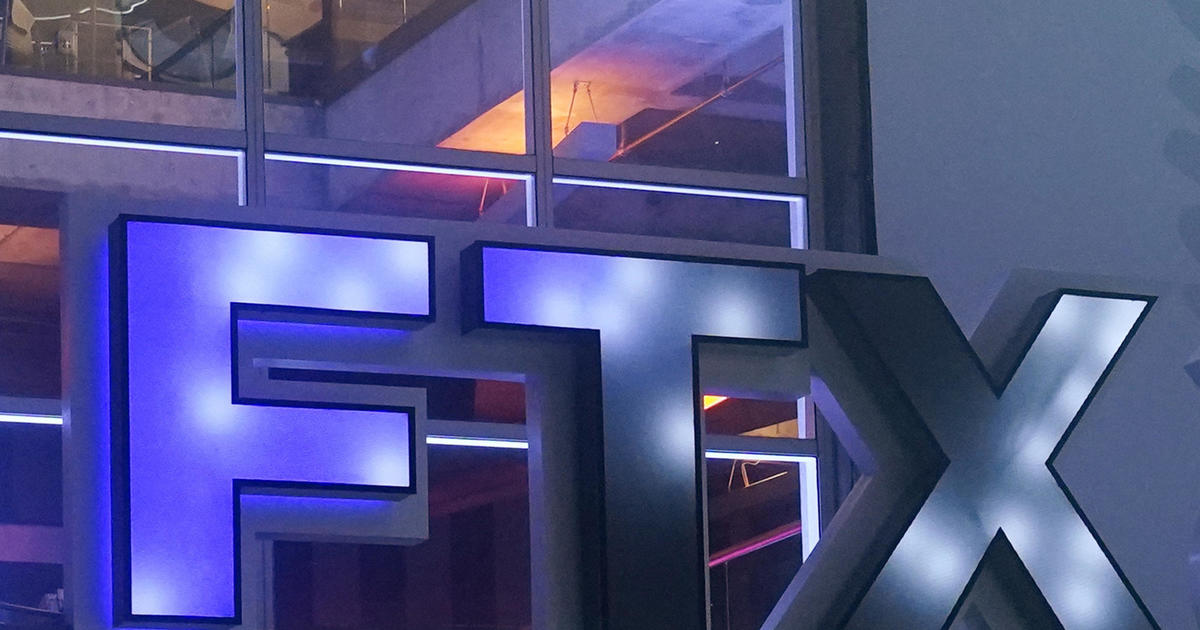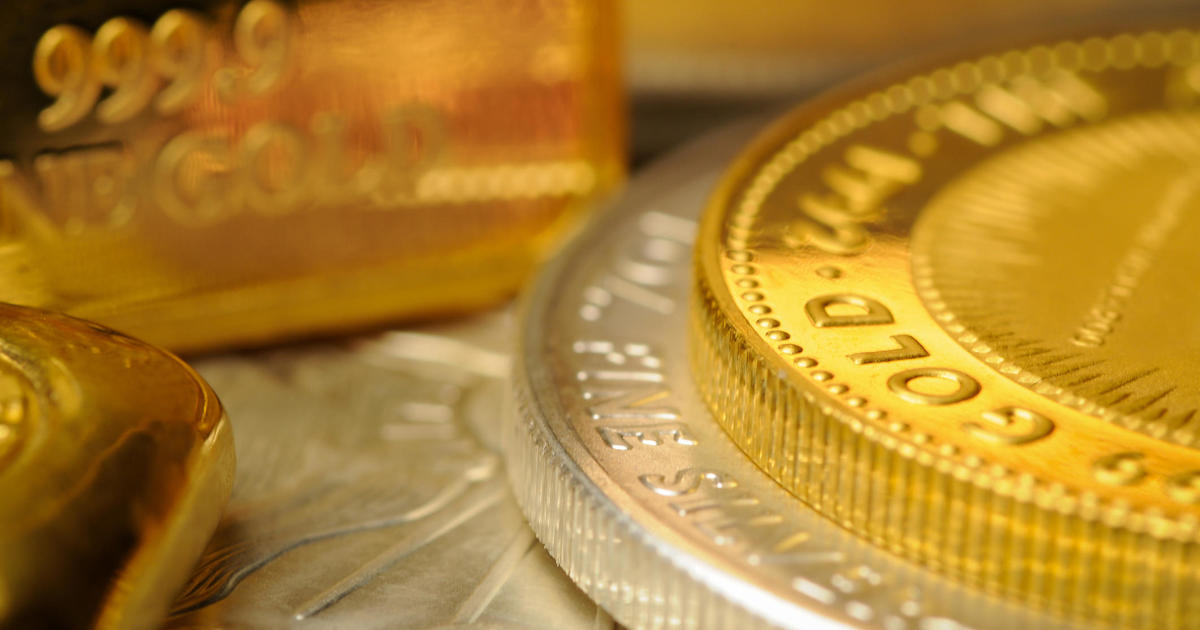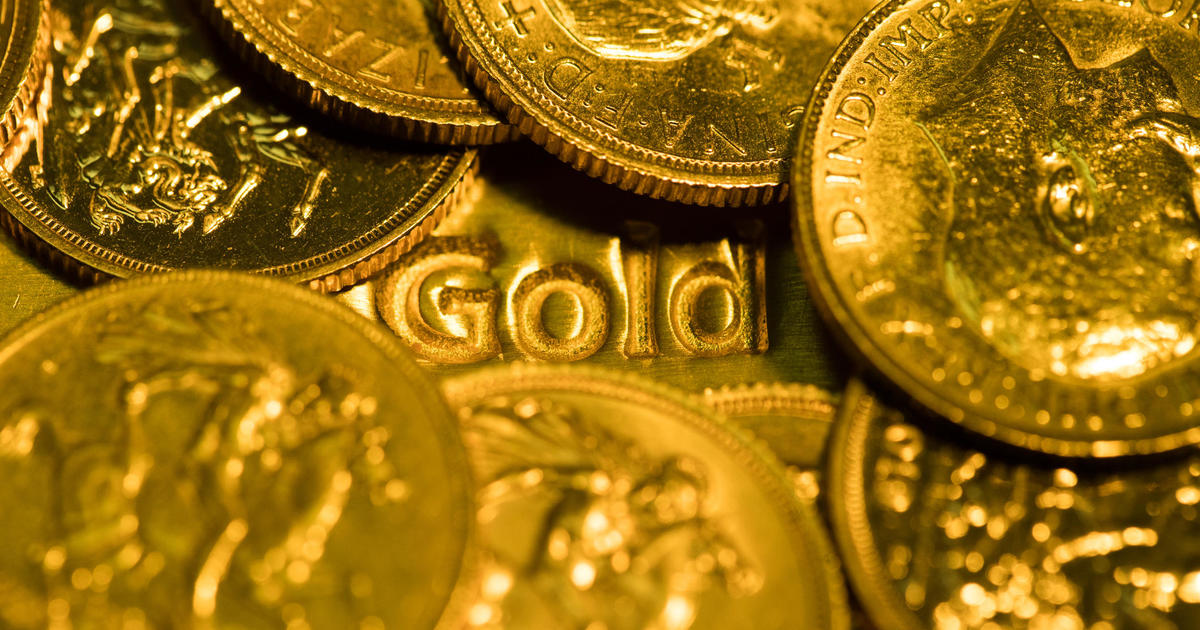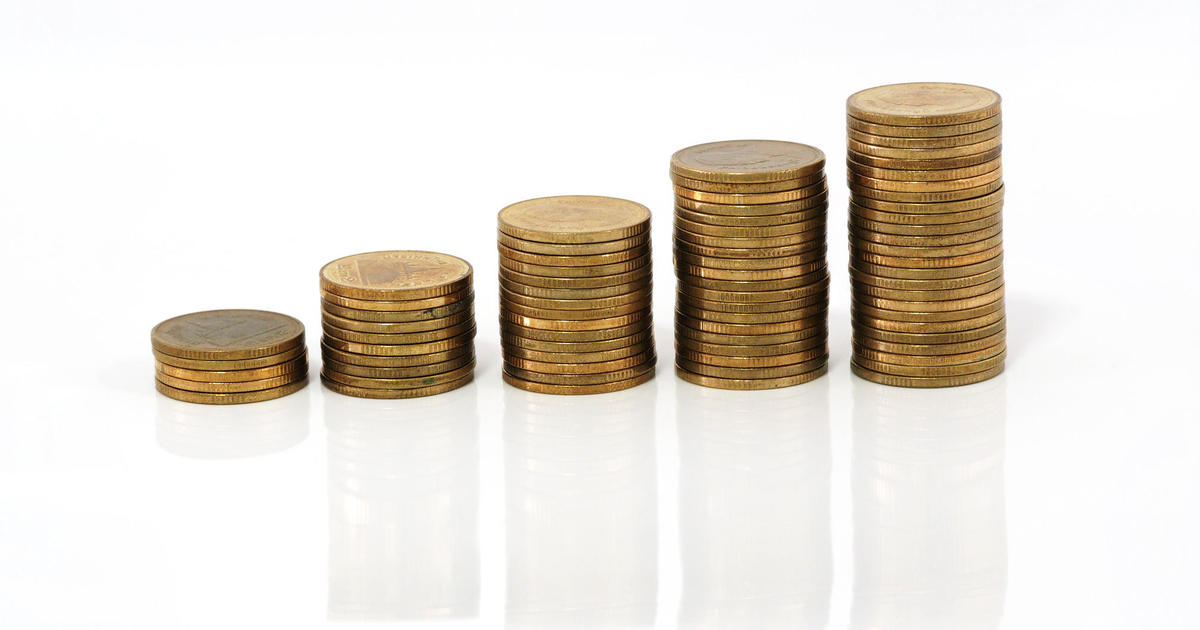Bitcoin futures surge in first day of trading
The first-ever bitcoin future jumped when it began trading on Sunday, although it settled lower after reaching an overnight high.
The cryptocurrency, which has more than quadrupled in price since early September, has prompted some investment experts to warn of a speculative bubble. The Chicago Board Options Exchange futures don't involve actual bitcoin. They're securities that will track the price of bitcoin on Gemini, one of the larger bitcoin exchanges.
Trading in bitcoin futures declined slightly Monday from their overnight high following the virtual currency's debut Sunday on the Chicago Board Options Exchange. The contract that expires in January was trading at $18,250. After opening at $15,000, the price had risen as high as $18,850, according to data from the CBOE.
The start of trading at 5 p.m. CST overwhelmed the CBOE website. "Due to heavy traffic on our website, visitors to www.cboe.com may find that it is performing slower than usual and may at times be temporarily unavailable," the exchange said in a statement. But it said the trading in the futures had not been disrupted.
Another large futures exchange, the Chicago Mercantile Exchange, will start trading its own futures on Dec. 18 but will use a composite of several bitcoin prices across a handful of exchanges.
The price of a bitcoin has soared since beginning the year below $1,000, hitting a peak of more than $16,858 Dec. 7 on the bitcoin exchange Coindesk. As of 4:06 p.m. Eastern time, it was at $17,130.77 on Coindesk.
That rocketing level of appreciation smells a lot like an irrational investor mania to many economists and financial pros, the kind that sent prices for unprofitable startup internet companies soaring in the dot-com boom. Those prices eventually came crashing down.
"We saw this in the 1990s," says Barry Ritholtz, chairman and chief investment officer of Ritholtz Wealth Management. "Any of those things sound familiar? 'This is unique, this will change everything?'"
Like many others in finance, Ritholtz expects the bitcoin bubble to pop. The only question is when. "Some people think it's early days, some people think it's late," Rhe said. "We'll find out in the not-too-distant-future who is right."
Robert Shiller and Joseph Stiglitz, two Nobel-prize winning economists who've seen their share of speculative manias, recently have called bitcoin a bubble. Stiglitz went so far as to tell Bloomberg TV that bitcoin should be "outlawed."
Futures are a type of contract in which a buyer and a seller agree on a price for a particular item to be delivered on a certain date in the future, hence the name. Futures are available for nearly every type of security but are most famously used in commodities such as wheat, soy, gold, oil, cocoa and, as dramatized in the Eddie Murphy and Dan Aykroyd movie "Trading Places," concentrated frozen orange juice.
The futures signal greater mainstream acceptance of bitcoin but also open up bitcoin to additional market forces. The futures will allow investors to bet that bitcoin's price will go down — a practice known as shorting — which currently is very difficult to do.
Experts have expressed concern about bitcoin and its meteoric rise. Walter Lukken, president of the Futures Industry Association, a trade group representing exchanges and financial services firms, argued in an open letter to the Commodities Futures Trade Commission that the market for the cryptocurrency remains opaque and is prone to manipulation. In response, the CBOE defended its bitcoin contract, saying it was developed in close consultation with regulators.
There have been other attempts to bring bitcoin investing into the mainstream. Tyler and Cameron Winklevoss, twin brothers who own large amounts of bitcoin, tried to create an exchange-traded fund based on bitcoin, but federal regulators denied their application.
How much actual investor interest there will be in these bitcoin futures is still up in the air. Many larger Wall Street brokerages and clearinghouses, including Goldman Sachs and JPMorgan Chase, are either not allowing customers to trade bitcoin futures or only allowing select clients to do so. Other brokerages are putting restrictions on the amount of margin a trader can use in bitcoin futures, or putting limits on the amount that can be purchased.
The digital currency has had more than its fair share of critics on Wall Street. JPMorgan Chase CEO Jamie Dimon has called bitcoin "a fraud." Thomas Peterffy, chairman of the broker-dealer Interactive Brokers Group, expressed deep concerns about the trading of bitcoin futures last month, saying "there is no fundamental basis for valuation of Bitcoin and other cryptocurrencies, and they may assume any price from one day to the next."
Peterffy noted that if bitcoin futures were trading at that time, under the CBOE's rules those futures likely would experience repeated trading halts because 10 percent or 20 percent moves in bitcoin prices have not been unusual in recent months.
Bitcoin is the world's most popular virtual currency. Such currencies are not tied to a bank or government and allow users to spend money anonymously. They are basically lines of computer code that are digitally signed each time they are traded.
A debate is raging on the merits of such currencies. Some say they serve merely to facilitate money laundering and illicit, anonymous payments. Others say they can be helpful methods of payment, such as in crisis situations where national currencies have collapsed.



